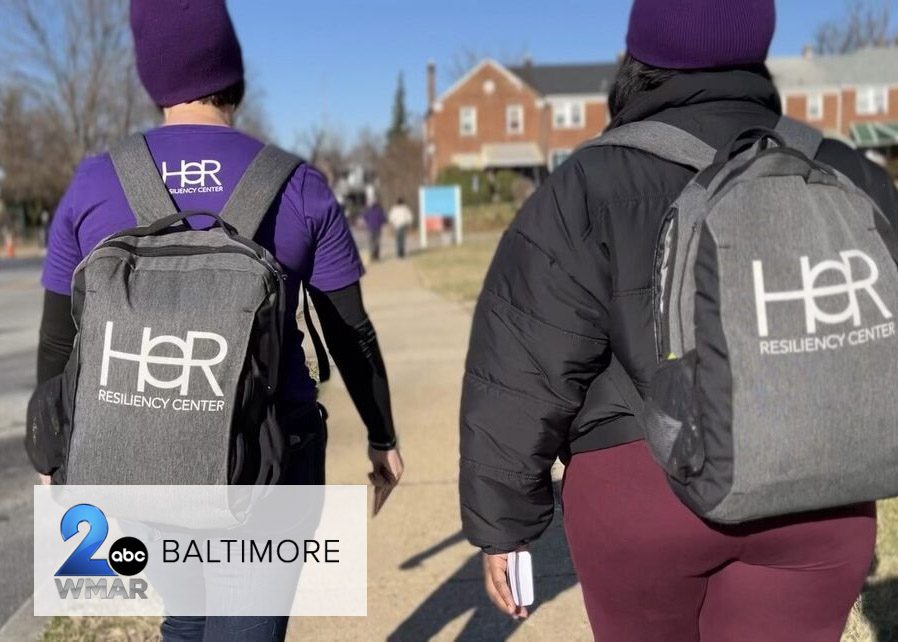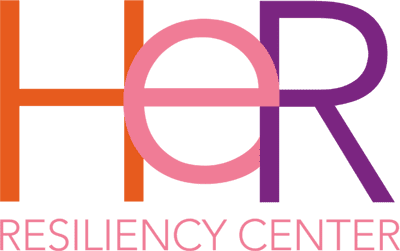
WMAR-2 NEWS, BALTIMORE — It’s something happening in our backyard and many may not even realize, human trafficking.
Natasha Guynes walks these sidewalks in Baltimore, but it’s not for exercise. She’s looking for women who are caught in a cycle they may not know they can break.
“Human trafficking is labor and sex trafficking force, fraud or corrosion to do something to make a profit against their will,” said Guynes.
Guynes is the creator of HER Resiliency Center. It’s an organization that provides a variety of programs to women who are experiencing homelessness, drug and alcohol addiction, and sex trafficking. She said she started the nonprofit because at 20 years old she was in that life.
“Many of the experiences of the women we serve at HER Resiliency Center are like my own. And I knew I wasn’t the only woman,” said Guynes.
It’s something that’s all around us and we don’t even know it.
“It is so prevalent in our city because of the access to the highway, the casino, the football stadium, the baseball stadium all of this is the nexus for why human trafficking can exist in our city,” said Guynes.
She said many cases go unreported because these women don’t realize they are being trafficked.
“The women are being groomed by men who present as their boyfriends and they don’t even know what’s happening until one day he’s asking her, ‘Baby I love you, will you go have sex with this other person,’” said Guynes. “Some drama will come and then she’ll feel that guilt and he’ll call her names, and she goes and does it and before she knows it, she is doing this every day multiple times a day for his profit.”
That builds the core of her organization, bringing awareness to these women. She does this by meeting them where they are, walking the streets in Baltimore.
“We use engagement tools, we carry a postcard in our hands. Then we have our safety packs which have condoms and tampons in them and we have our hygiene packs that have travel-size toiletries,” said Guynes.
One woman expressed why she does it as she was receiving a safety pack, “It ain’t like I’ve never done this before but right now I got some bills I need to pay off, you feel me.”
Guynes said it’s about making eye contact, building relationships, and filling the need that will make them realize what they’re doing is not by choice.
“The difference between selling drugs and selling a woman is you can only sell drugs one time, you can sell the woman’s body over and over again,” said Guynes.
If you know or suspect someone is being sex trafficked, Guynes said the best way to help the person is to start a conversation, asking her about herself.
Help is also available at the National Human Trafficking hotline at 888-373-7888.
Read the original story by Ashley McDowell on WMAR-2 ABC News Baltimore.
